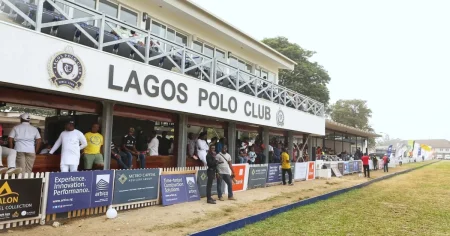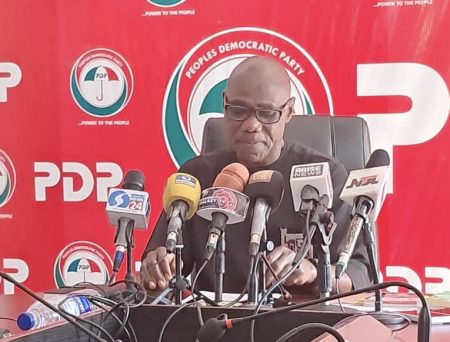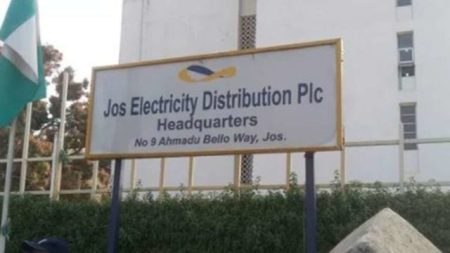The bustling Lekki-Epe corridor in Lagos State, Nigeria, a vital artery for commercial and industrial activities, has been grappling with the persistent challenge of traffic congestion. This critical route, home to significant investments such as the Dangote Refinery, Lekki Deep Sea Port, and numerous oil and gas installations, has witnessed a surge in traffic volume, exacerbating the existing congestion issues. To address this pressing concern, the Lagos State Government introduced the E-Call Up system, a digital platform designed to regulate the movement of articulated vehicles and tankers, promoting smoother traffic flow and mitigating the gridlock that has plagued the area. This system aims to replicate the success achieved in Apapa, another crucial port area in Lagos, where a similar system has been implemented.
A key component of the E-Call Up system is the designated truck parks where tanker drivers are required to station their vehicles while awaiting electronic call-up notifications before proceeding to their loading destinations. Initially, the government stipulated a fee of N12,500 per truck for the utilization of these parks. However, this decision met with resistance from tanker drivers and fuel marketers, who deemed the fee exorbitant. Their discontent culminated in a strike, halting fuel lifting operations and further disrupting the already strained logistical network. The drivers argued for a significantly lower fee of N2,500, highlighting the financial burden of the initial charge.
The impasse between the government and the tanker drivers necessitated a series of negotiations to resolve the contentious issue of park fees. Following a meeting between the Lagos State Government and stakeholders, including the National Association of Road Transport Owners (NARTO), a compromise was reached. The fee was reduced from N12,500 to N10,000 per truck, effective from August 1st. This agreement marked a significant step towards resolving the dispute and restoring normalcy to fuel distribution and traffic flow along the Lekki-Epe corridor. The negotiated fee reflects a balance between the government’s need to cover operational costs and the drivers’ concerns about affordability.
The implementation of the E-Call Up system and the resolution of the park fee dispute underscore the Lagos State Government’s commitment to addressing the persistent traffic challenges in the Lekki-Epe area. This initiative reflects a broader strategy to improve traffic management and enhance the efficiency of logistics operations within the state. By regulating the movement of heavy-duty vehicles, the system aims to minimize congestion, reduce travel time, and improve safety on the roads. The successful implementation of this system hinges on the cooperation of all stakeholders, including truck drivers, fuel marketers, and the government.
The E-Call Up system operates on a principle of structured scheduling, requiring truck operators to register online and upload their Authority-to-Load documents. This process ensures that only authorized and validated trucks are granted access to the designated truck parks. Upon arrival at the parks, drivers await their electronic call-up notifications, which indicate their designated loading times and destinations. This organized approach eliminates the haphazard parking and queuing that previously contributed to traffic bottlenecks and delays. The system is further enhanced by real-time monitoring and enforcement mechanisms to ensure compliance and prevent unauthorized access.
Beyond the immediate benefits of improved traffic flow and reduced congestion, the E-Call Up system contributes to a broader set of positive outcomes. By regulating truck movements, the system helps to minimize wear and tear on road infrastructure, extending the lifespan of roads and reducing maintenance costs. Furthermore, the system enhances security along the corridor by providing a more structured and monitored environment for truck operations. This reduces the risk of accidents, theft, and other security breaches. The system also promotes environmental sustainability by reducing idling time and fuel consumption, thereby minimizing emissions and contributing to cleaner air quality. The successful implementation of the E-Call Up system is expected to serve as a model for other areas grappling with similar traffic challenges, further strengthening Lagos State’s position as a leader in innovative transportation solutions.













